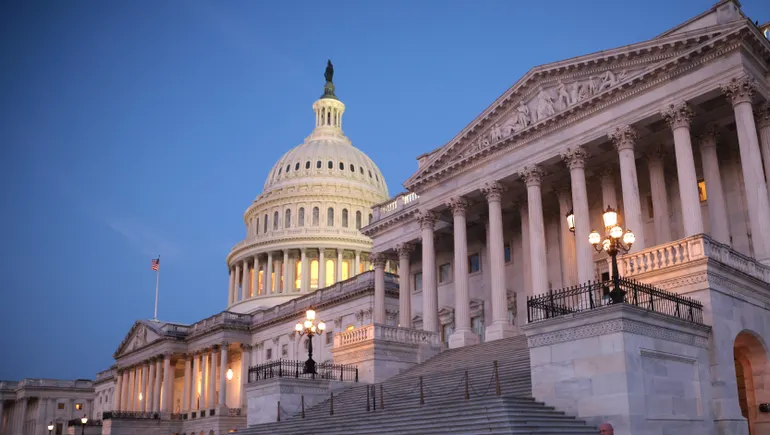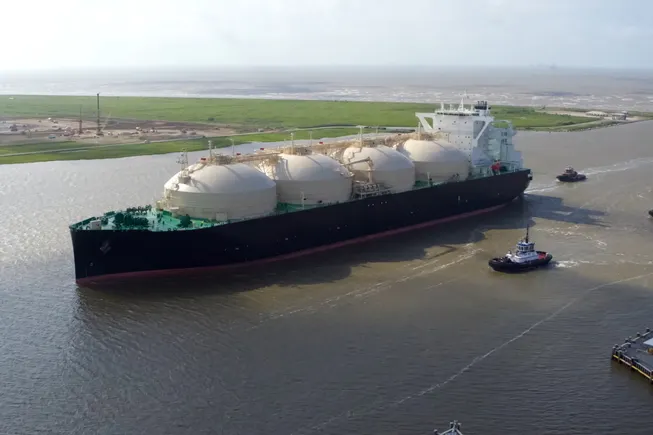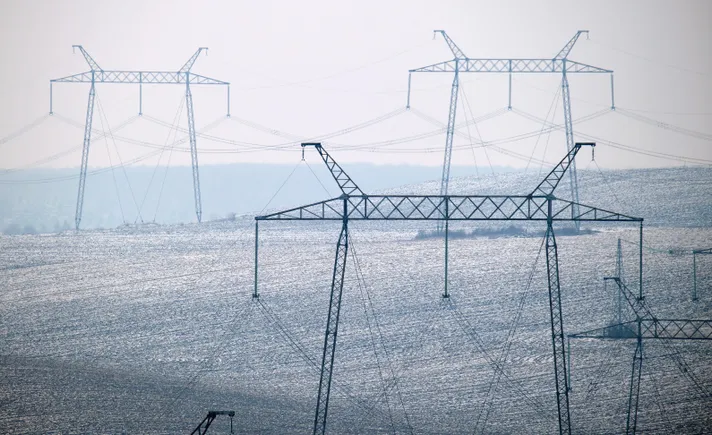The UK and the European Union (EU) are set to forge closer ties on energy trading and emerging technologies such as carbon capture and storage (CCS) following a landmark summit in London.
UK Prime Minister Sir Keir Starmer hosted EU leaders as the two sides reached a post-Brexit deal which also covered fishing rights and defence.
According to a joint UK-EU statement, policymakers will explore UK participation in the EU’s internal electricity market, including participating in EU trading platforms.
The statement also outlined continued regulatory cooperation on emerging energy transition sectors such as hydrogen, CCS and biomethane.
The deal could have implications for the future of interconnector projects between the UK and EU countries, as well as offshore carbon storage projects in the North Sea.
UK and EU cooperation on carbon capture and storage
Many of the UK’s CCS developments, including the track-2 Acorn and Viking projects, are aiming to eventually import captured CO2 from mainland European nations such as Germany.
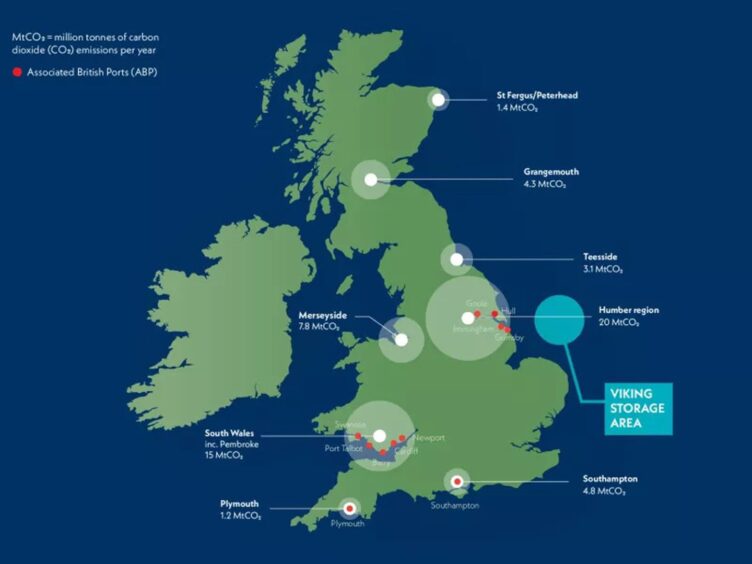 © Supplied by Viking CCS
© Supplied by Viking CCSHowever, since the UK left the EU in 2016, the country has so far failed to secure any bilateral agreements with EU nations on cross-border CO2 transport and storage.
Meanwhile, North Sea neighbour Norway has secured CO2 deals with EU members Denmark, Sweden, Belgium and the Netherlands, despite not being part of the EU.
As a result, Norway’s Northern Lights CCS project is set to begin receiving international CO2 shipments later this year.
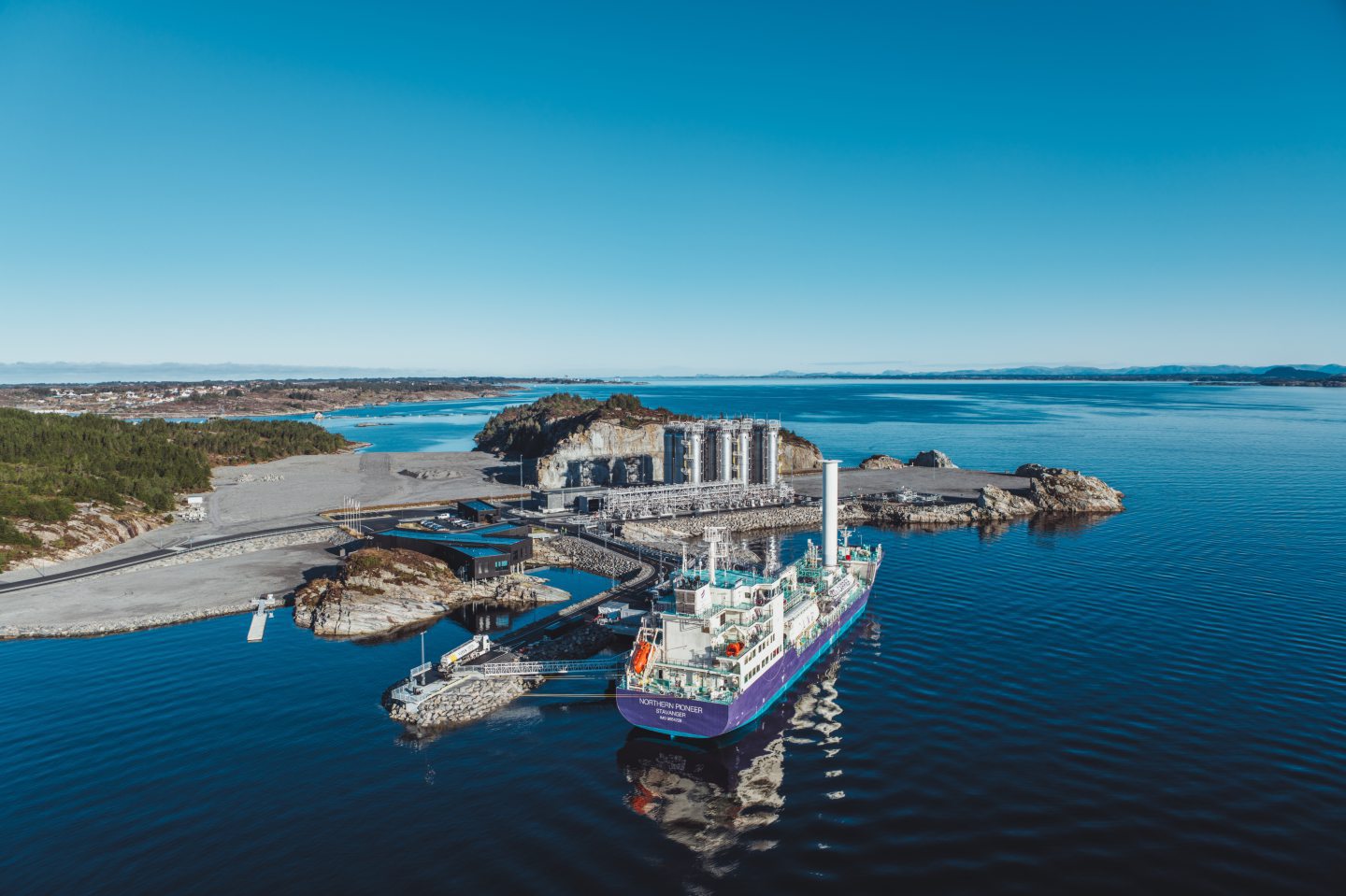 © Supplied by Northern Lights
© Supplied by Northern LightsSimilarly, Denmark’s Greensand CCS project has already signed deals with a Swedish firm covering imported CO2 volumes.
If the UK and the EU can align their regulatory schemes surrounding carbon trading and storage, it could provide a boost to delayed UK projects like Acorn and Viking.
North Sea operator Harbour Energy, which is backing the Viking CCS project in the Humber alongside smaller stakes in Acorn and Denmark’s Greensand, listed slow progress on its CCS developments as a factor in its decision to cut 2050 jobs in Aberdeen.
Meanwhile, Acorn developer Storegga said it wants to see the government adopt the merchant model used in Norway and Denmark for the next stage of UK CCS projects.
UK and EU interconnectors
Closer cooperation on incorporating the UK into European electricity markets could also provide a boost to international interconnector cable projects.
The UK has progressed multiple interconnector cables with EU nations in recent years, including connections with Denmark, Ireland and Belgium.
Interconnection is at the forefront of the minds of policymakers in the UK and Europe following the recent electricity crisis in Spain and Portugal.
With additional interconnectors between the UK and EU nations including France, Germany, Belgium and the Netherlands in development, closer cooperation on electricity trading could see greater investment in interconnector projects.
It could also lead to further development on previous proposals for an interconnector between the UK, France and Spain.
UK energy sector welcomes EU deal
National Grid, which operates several interconnectors between the UK and Europe, welcomed the UK-EU agreement.
National Grid Ventures president Ben Wilson said: “We strongly welcome this clear commitment to improve how we trade and collaborate on energy with Europe.
“Today is a positive step in the right direction to reduce trade barriers, reduce costs for UK and European consumers, and to maximise the benefits of secure homegrown energy in the North Sea.”
Meanwhile, trade association Energy UK said the deal represents a “step change” in the UK’s relationship with the EU.
Energy UK chief executive Dhara Vyas said the commitments from each side represent a “common-sense approach to cooperation”.
“Both the UK Government and European Commission should receive credit for this – the energy industry has long called for closer collaboration on carbon pricing and electricity trading, along with trade bodies and businesses in the wider economy,” Vyas said.
“Working together is the best way to ensure the UK and EU are investing in energy security and tackling carbon emissions quickly and at lower cost.
“This agreement will remove barriers to growth, lowering energy prices, and clearing the way for a shared future powered by clean energy.”





